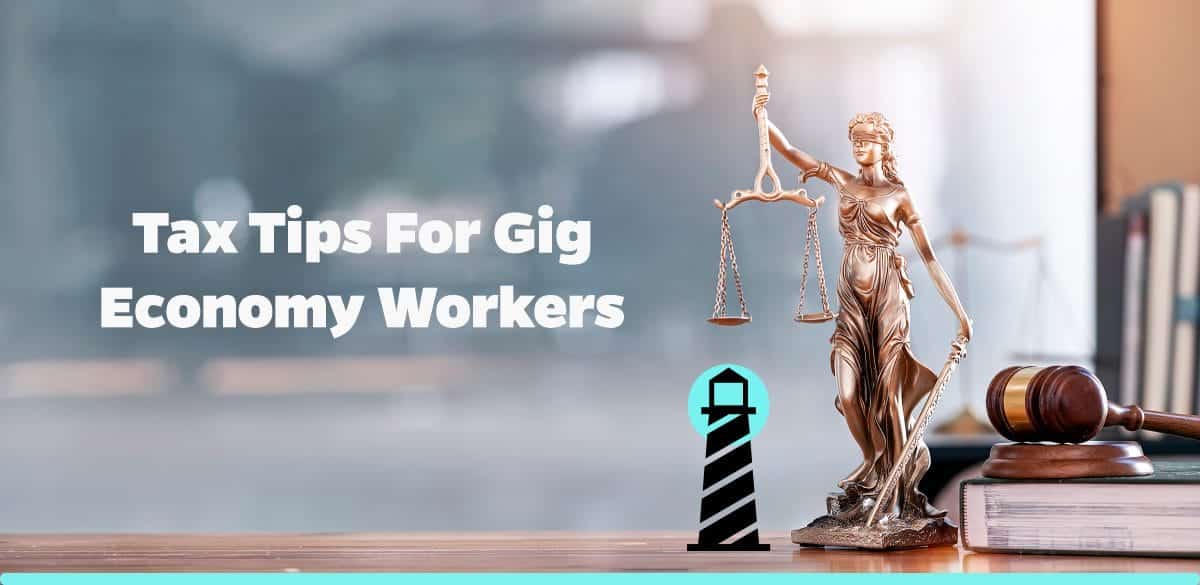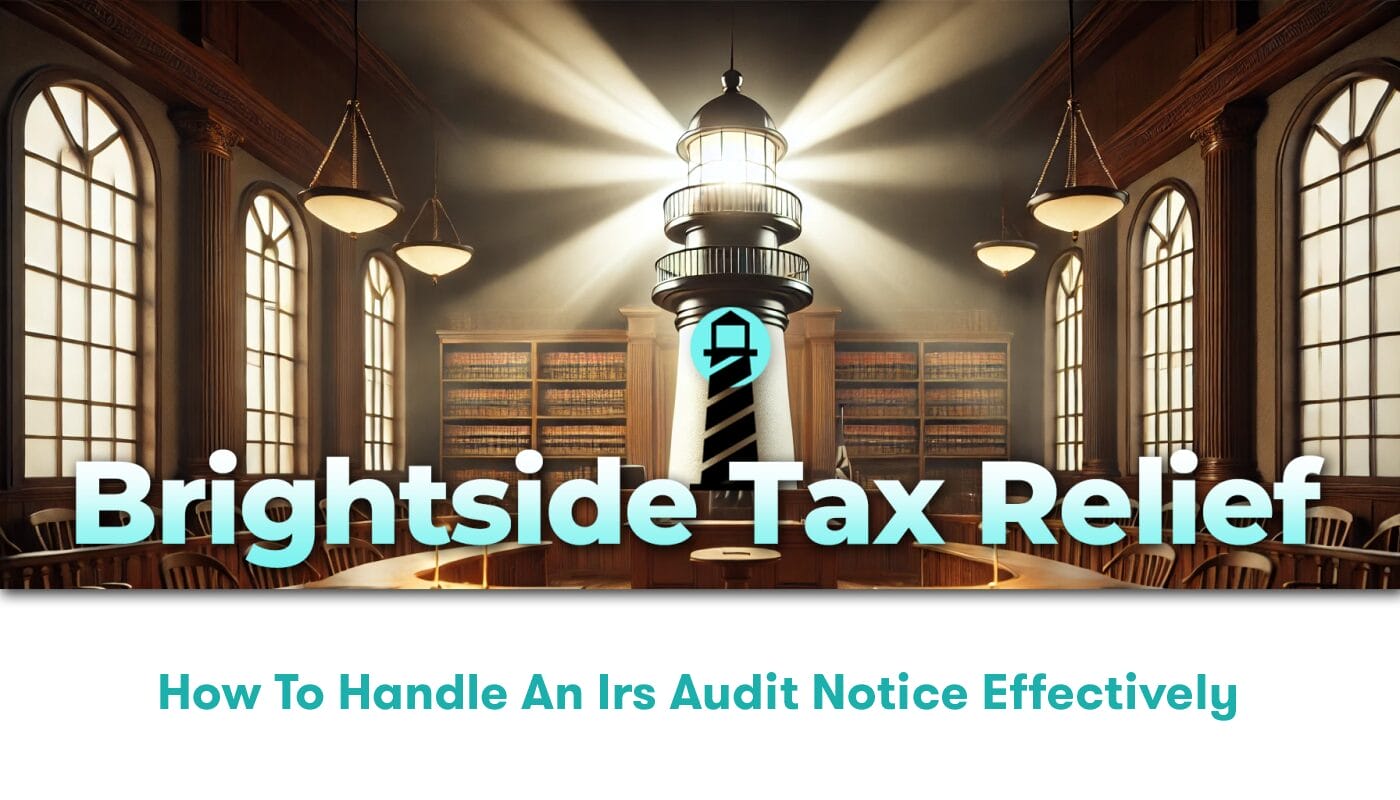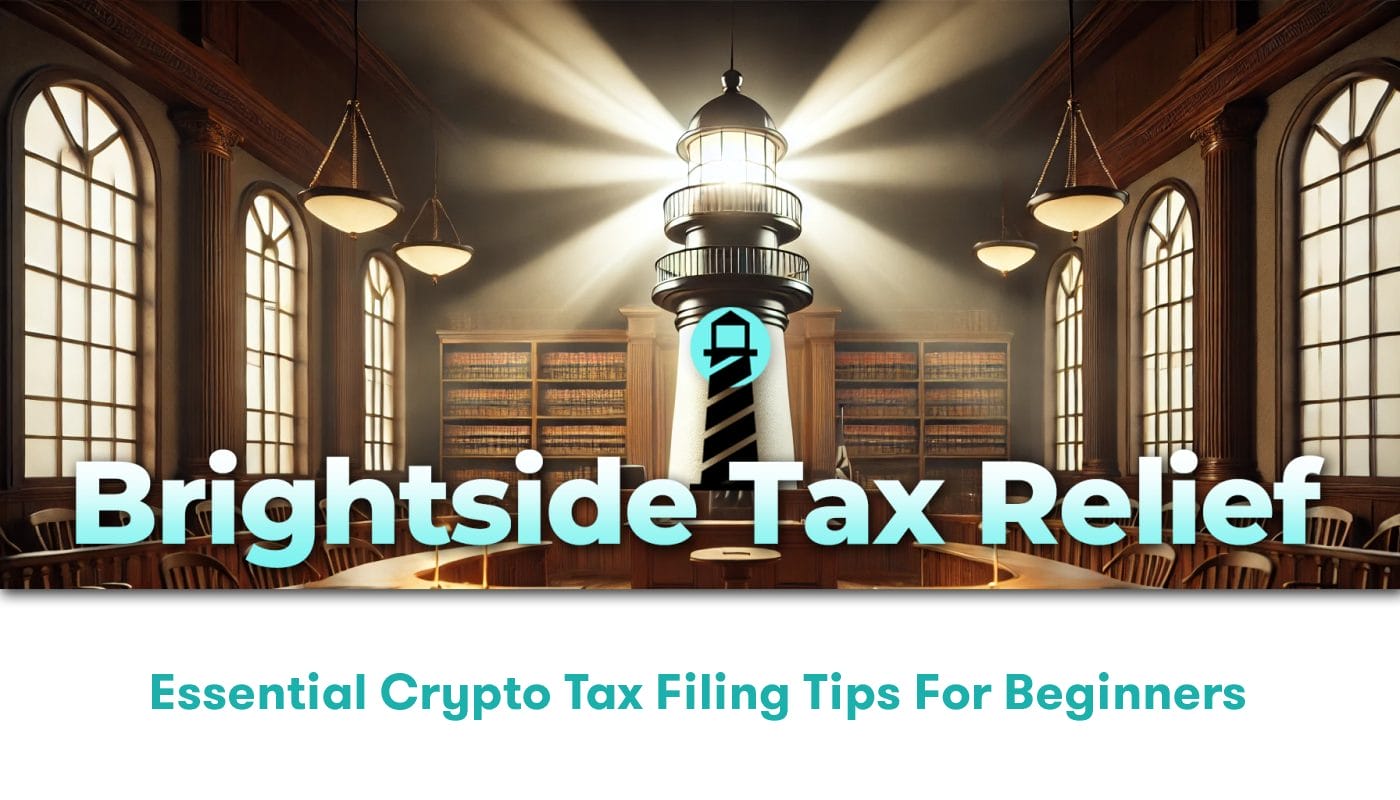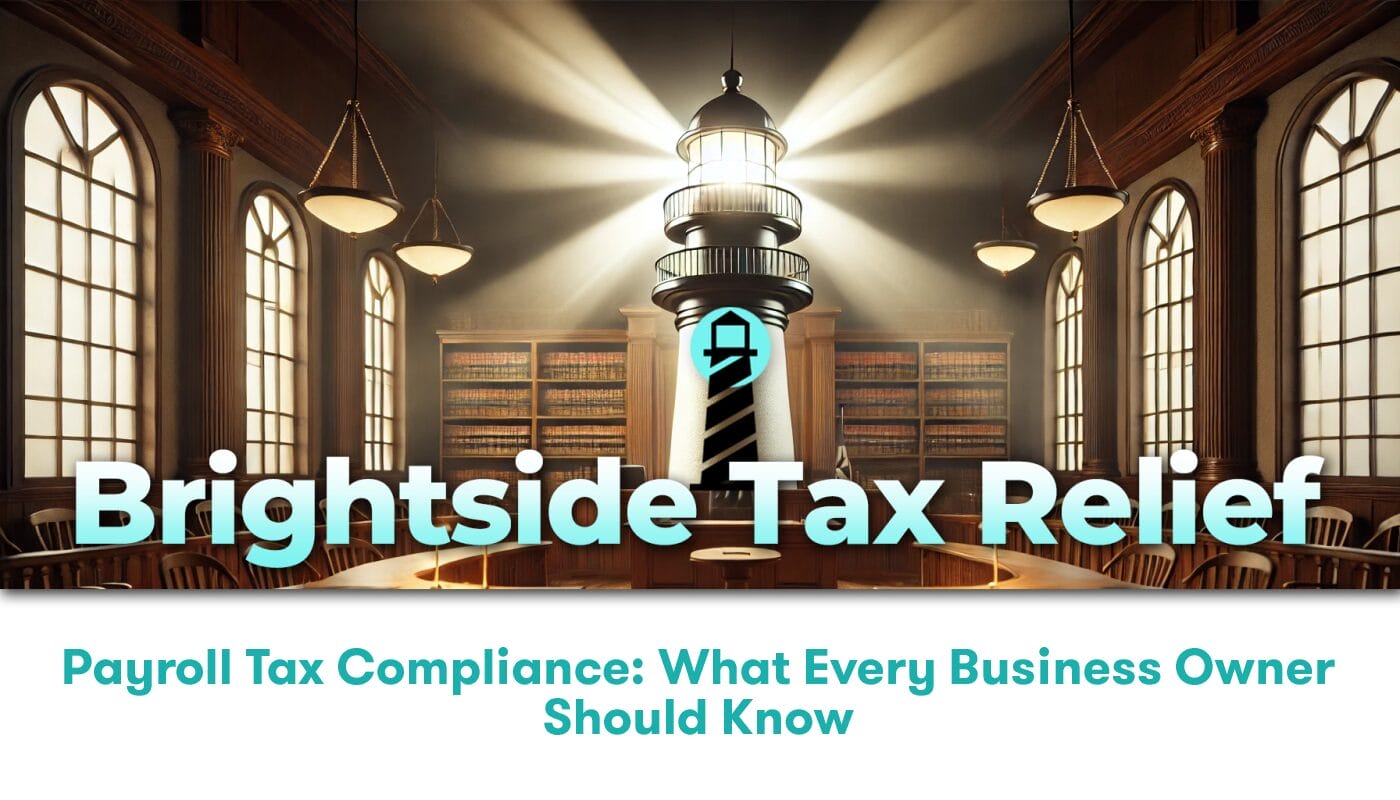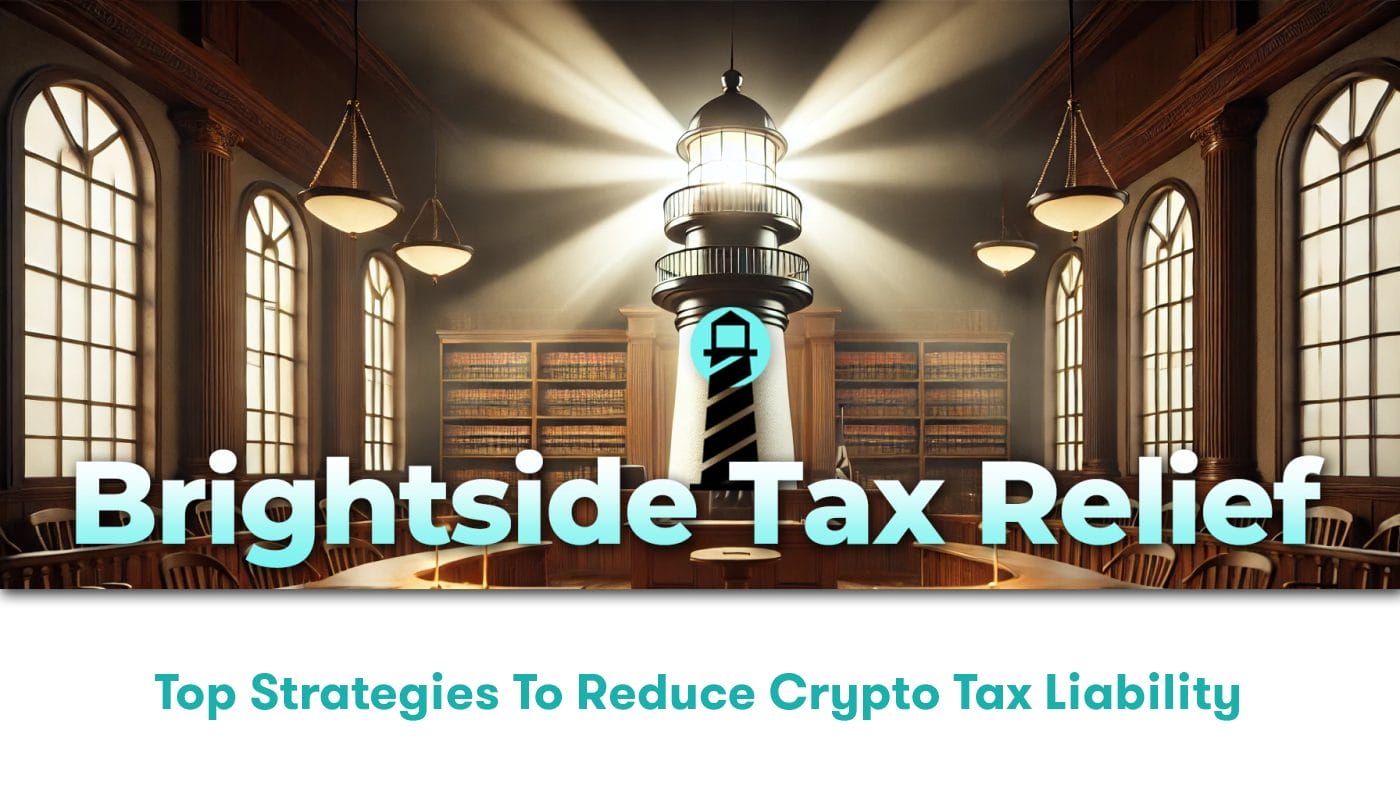Understanding Gig Economy Taxes
Navigating the financial realm of the gig economy can be a challenging task, especially when it comes to understanding gig economy taxes. As a gig economy worker, it’s important to know that your tax situation is different from a regular employee. At Brightside Tax Relief, we are dedicated to assisting our clients to understand their tax obligations and how to adequately manage their taxes effectively.
What is a Gig Economy?
The gig economy, also known as freelance economy, supplemental income jobs, or sharing economy, includes jobs where people use technology-based platforms to engage in transactions that generate part-time, temporary, or part-time jobs. Common players in this sector include Uber, Lyft, Airbnb, and eBay, among others. These platforms may advise workers how to handle taxes, but the ultimate responsibility lies with the individual.
Recognizing Gig Economy Income
As a gig economy worker, it’s important to understand that all income earned, regardless of whether it is from a part-time or side gig, is taxable and must be reported to the Internal Revenue Service (IRS). This includes jobs that are sourced directly from an online platform, as well as cash, checks, or credit card payments. At times, even if the platform or the company does not give you an income statement form you are still obligated to report the income on your federal tax return.
For information and guidance, you can refer to the IRS gig economy tax centre.
Gig Economy Tax Brackets
Unlike regular employees who have taxes withheld from their wages, gig economy workers are considered self-employed, which means they are subject to different tax rules. The amount you owe in taxes will depend on a number of factors including your filing status and total income. It’s important to familiarise yourself with the various tax brackets, adjusted gross income and to pay close attention to tax rate changes to avoid surprises come tax time.
Filing and Paying Taxes as a Gig Economy Worker
As a gig economy worker, you’re responsible for paying your own taxes. Here are some key points to consider when filing your taxes:
- Quarterly Tax Payments: Since taxes aren’t withheld from your gig earnings, you might need to pay tax on your gig income every quarter instead of once a year.
- Self-Employment Tax: Gig workers generally need to pay a self-employment tax, which covers Social Security and Medicare taxes. This is in addition to income tax.
- Expense and Deduction Tracking: Keep track of your business expenses. These can often be deducted on your tax return, reducing the amount of taxable income.
Importance of Record Keeping
Keeping records of transactions related to your gig work can help simplify the process come tax time. This includes invoices, receipts, and logs for expenses like gas, meals, and other expenses accrued while fulfilling gig work. Remember, deductible expenses can lower your taxable income, leading to potential tax savings.
Navigating Deductions and Expenses
Understanding your gig work tax deductions is crucial for economic success. standard business expenses include costs for a dedicated home office, supplies, business-related travel expenses, and professional services such as legal fees and accountant fees. In certain cases, you can even deduct the cost of health insurance premiums if you’re a self-employed gig worker.
Getting Help with Gig Economy Taxes
While managing gig economy taxes might seem overwhelming, the right support can significantly simplify the process. Professional tax relief services like Brightside Tax Relief can provide guidance, answer your complicated tax queries, and help you navigate your tax profile. We aim to bring our expertise to your unique financial situation and work towards reducing your tax liability effectively.
As gig economy work becomes a significant part of today’s workforce, it’s critical to understand gig economy taxes. Whether you are an independent contractor, freelancing creative, or a rideshare driver, managing your taxes effectively can help you avoid penalties and take advantage of potential tax savings. Understanding and honoring your tax obligations is not only the law but a crucial step towards financial freedom. We at Brightside Tax Relief are here to help you take that step. Rest assure that your gig economy tasks are effectively managed with us on your side.

